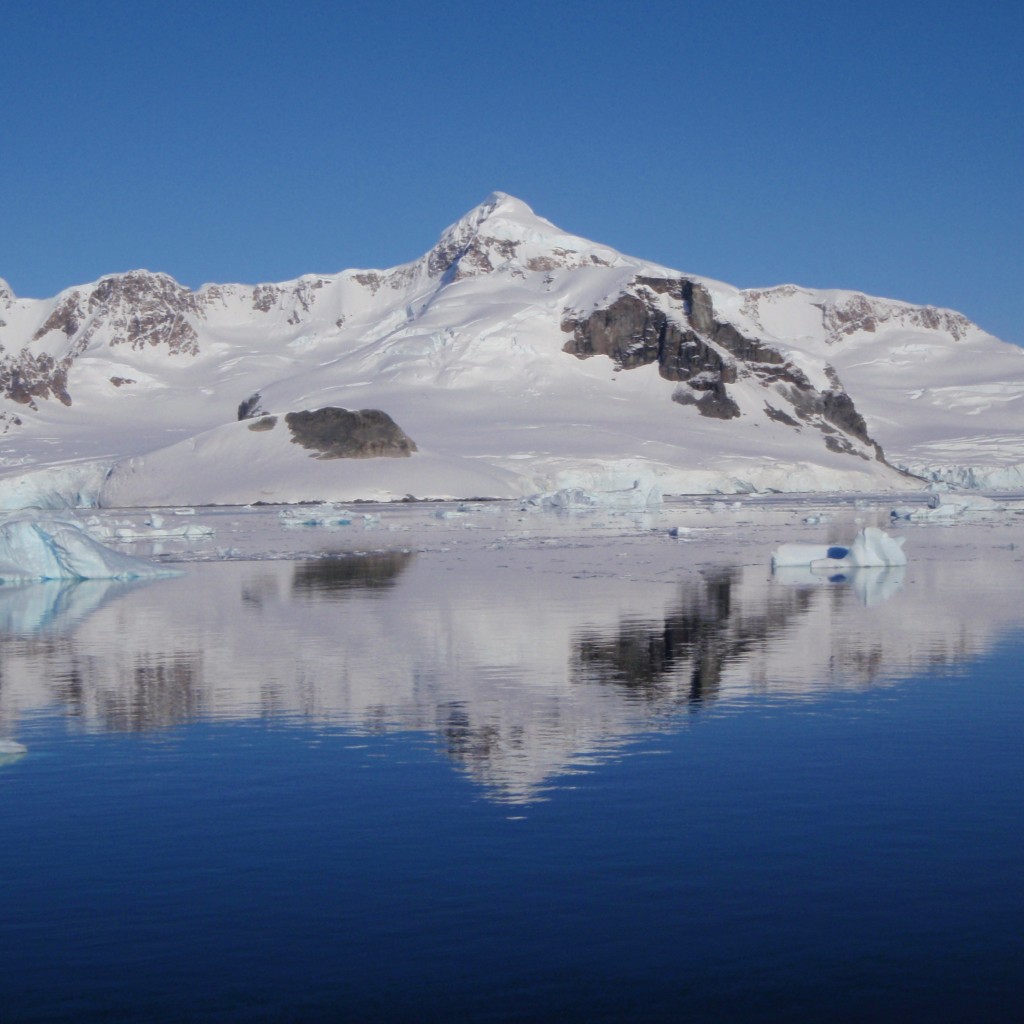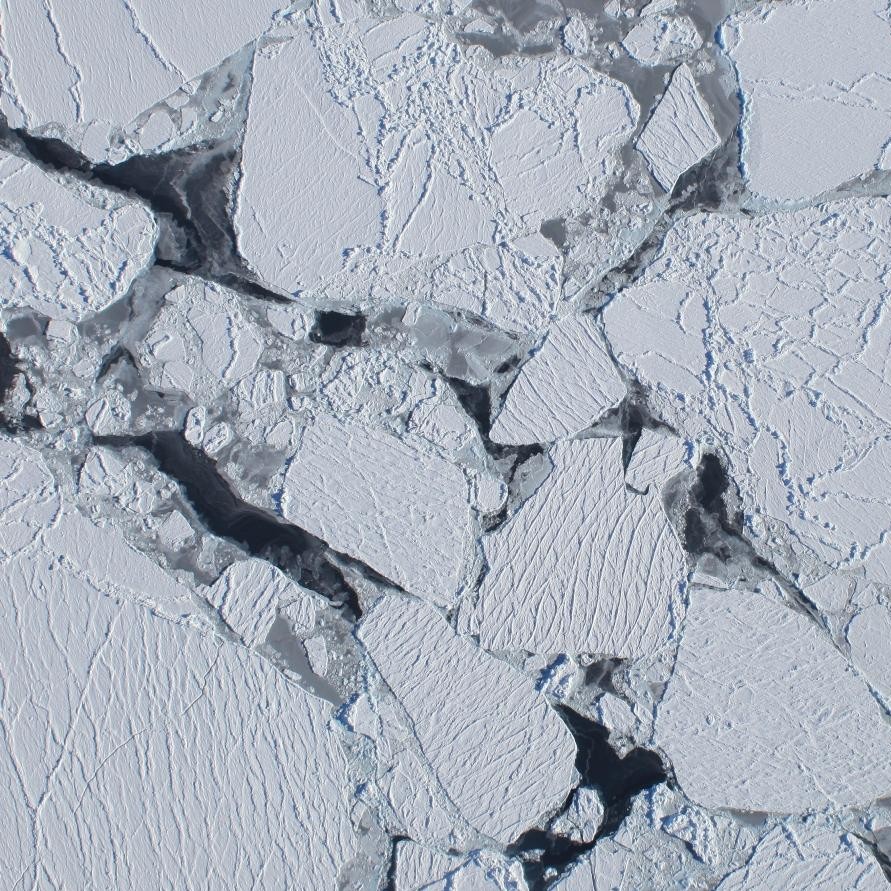Oceans and Climate
Understanding Our Climate—Past and Present—to Predict the Future
The ocean, and life within it, is largely responsible for the world as we know it — setting the concentration of many gases within our atmosphere, acting as a climate thermostat, and influencing the transformation of energy, water, and carbon within the climate system. Our ability to understand the paleoclimate record and anticipate what might happen to Earth’s climate in the future depends on our understanding of the role of the ocean in climate.
Our challenge is to find ways to observe the oceans so that we can learn how they have changed and are changing, then integrate those observations into models that describe these changes to form predictability systems. MIT and WHOI share a legacy of expertise in observing and modeling ocean circulation, biogeochemistry and ecology.
We are building on our accumulated knowledge to develop sensing technologies and modeling systems that will give us answers about the fate of the oceans. Answers about the role of the oceans in climate change, for example. Answers about the physical, chemical, and biological properties of the oceans and their vulnerability and resilience to climate change. Answers about how CO2-induced acidification will alter marine ecosystems and chemistry.
Ultimately, we want to know the impact of human activities on the oceans and climate and, by extension, on the future life of our planet.
Key Questions We’re Exploring
- What is the role of the ocean in the transport of heat and salt around the globe; the carbon cycle; global energy balance and the hydrological cycle; sea-level dynamics?
- How does the ocean interact with the cryosphere?
- What role has the ocean played in large climate changes revealed by the paleorecord, such as glacial-interglacial cycles, and what does the record reveal about the stability of the ice sheets and the sensitivity of climate to changing greenhouse gas and orbital forcing?
- What is the likelihood that changes in freshwater forcing—from an altered global hydrological cycle and from increased melt from ice sheets and land glaciers—could lead to drastic shifts in oceanic circulation?
- What components of the ocean circulation are predictable and on what timescale?
- How will CO2-induced acidification of the ocean alter marine ecosystems and chemistry? How will marine life change and adapt and how might these changes be mitigated?









